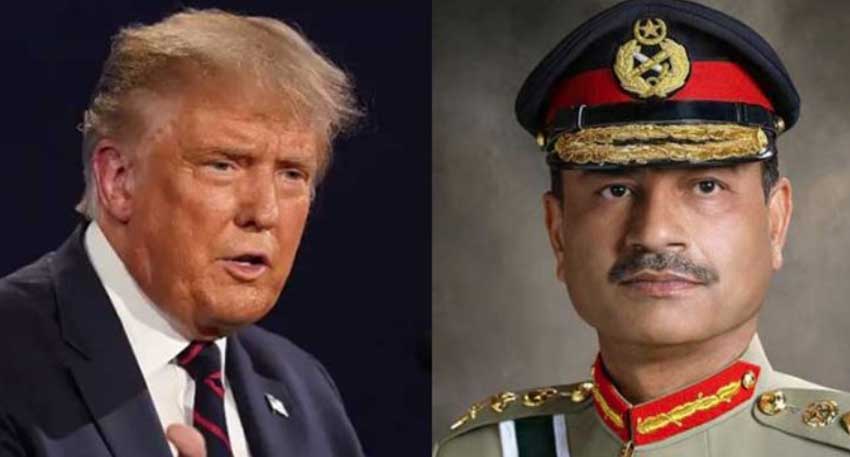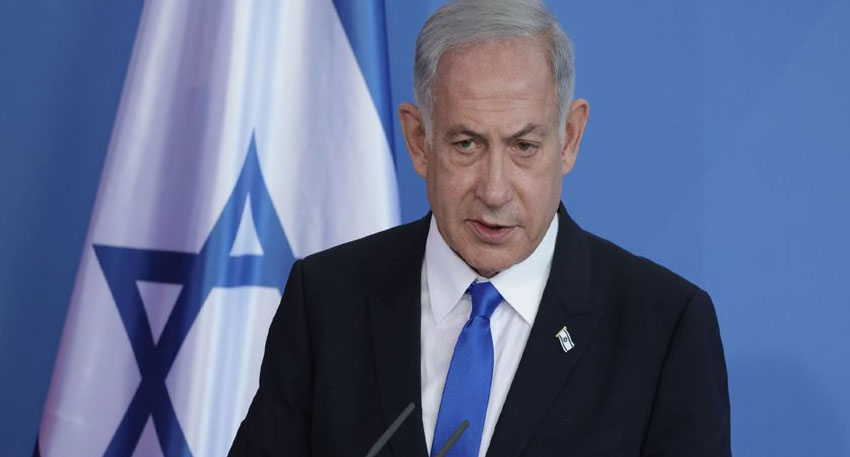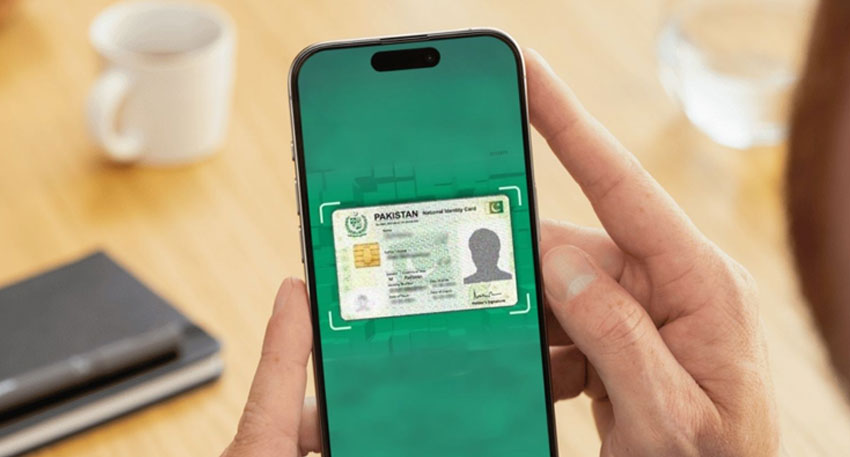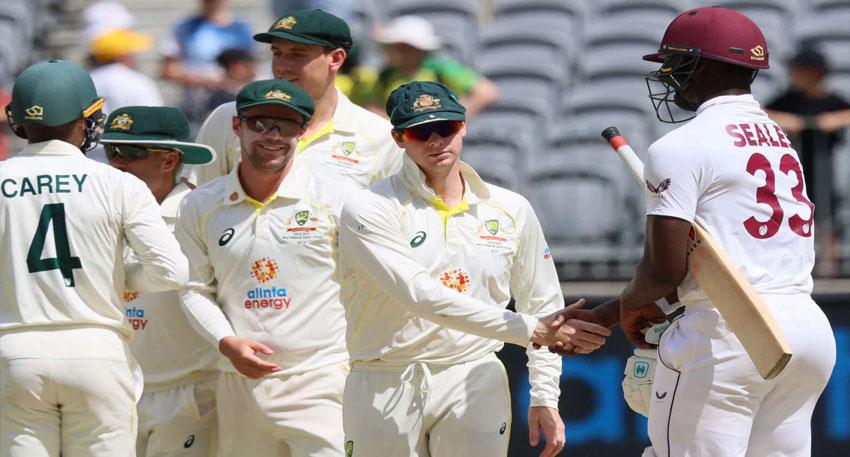
On June 18, 2025, Field Marshal Syed Asim Munir, Pakistan’s Chief of Army Staff, undertook a solo diplomatic trip to Washington, D.C., where he had lunch with President Donald J. Trump and held high-level discussions at the White House, also meeting with the entire U.S. Cabinet.
This historic engagement marks a defining moment in the history of Pakistan–U.S. relations and reflects a new level of recognition of Pakistan’s military leadership on the global stage.
Historical Context
● General Pervez Musharraf met U.S. Presidents during his tenure, but as President of Pakistan, not as Army Chief.
● General Raheel Sharif (2015) and General Qamar Javed Bajwa (2022) visited Washington for defense-focused engagements but did not meet with the U.S. President at the White House, nor in the presence of the full Cabinet, and certainly not in a solo diplomatic capacity.
Key Highlights
● First-Ever Meeting of Its Kind at the White House
Field Marshal Syed Asim Munir is the first military leader in Pakistan’s history to meet the U.S. President at the White House in this capacity. No civilian government delegation accompanied him, making this a uniquely solo military-level engagement.
● Lunch with President Trump and Meeting with Full U.S. Cabinet
The engagement included a formal lunch with President Trump and meetings with members of the U.S. Cabinet, reflecting the seriousness of the dialogue and the depth of bilateral strategic alignment.
● Break from Protocol
While previous Pakistan Army Chiefs have visited Washington for military-to-military engagements, none have ever held such a high-level political meeting at the White House, particularly without a parallel civilian government presence.
Why This Moment Matters
● Direct Strategic Engagement at the Highest Level
This meeting underscores the growing trust and importance being placed on Pakistan’s military leadership as a key partner in regional and global stability.
● Geopolitical Timing: Pakistan–India Ceasefire Mediation
The engagement comes soon after President Trump successfully mediated a ceasefire between Pakistan and India. The fact that Field Marshal Munir was invited to the White House before any Indian delegation is a clear signal of Pakistan’s strategic priority in U.S. foreign policy calculations.
● Iran–Israel Conflict and Pakistan’s Regional Relevance
As tensions escalate between Iran and Israel, Pakistan, a direct neighbor of Iran, holds critical geopolitical weight. Field Marshal Munir’s meeting with the U.S. President at this time suggests Washington’s intent to engage Pakistan closely in maintaining regional stability.
● Solo Military Diplomacy
The absence of any civilian government delegation makes this a rare, standalone military-to-executive engagement. It demonstrates confidence in the Pakistan Army’s leadership and its global diplomatic stature.
● A Defining National Moment
This moment stands as a symbol of national pride, setting a new precedent for how Pakistan’s leadership, particularly its military leadership, is recognized and engaged on the world stage.



